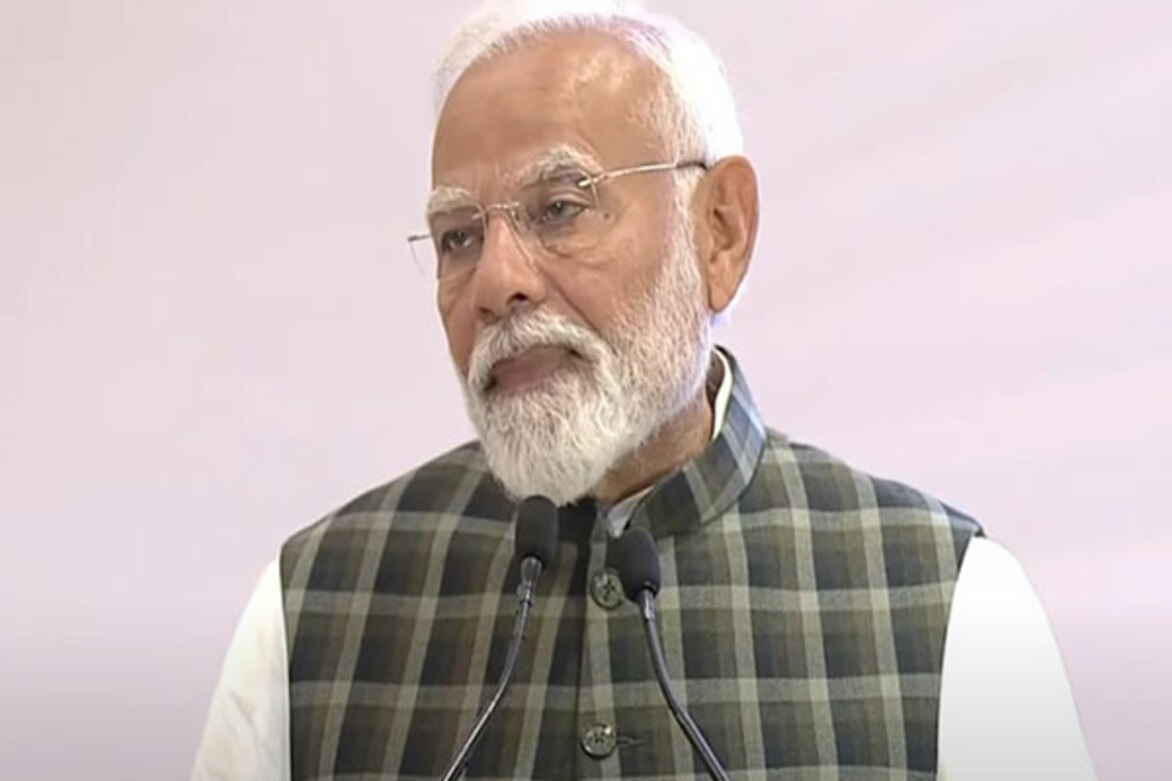India's global stature soars as strategic ties deepen, US and Europe see as crucial partner
ANI
22 Feb 2025

New York [US], February 21 (ANI): India's international prominence is growing at an unprecedented rate, with global powers seeking to strengthen ties with the world's fastest-growing major economy.
A recent commentary by Project Syndicate highlights this shift, citing high-profile diplomatic engagements and India's expanding role in multilateral forums.
European Commission President Ursula von der Leyen recently announced that her first official foreign visit in her second term would be to India. On the same day, newly appointed US Secretary of State Marco Rubio held his first bilateral meeting with External Affairs Minister S Jaishankar.
This momentum was further solidified during Prime Minister Narendra Modi's two-day visit to Washington, culminating in what he described as a 'mega partnership' with the United States.
'The visit ended with the promise of what Modi called a US-India 'mega partnership.' As part of that partnership, he has committed to double trade with the US by 2030, increase oil and gas imports, and expand US military sales to India,' noted Project Syndicate.
India, the world's most populous country with over 1.4 billion people, boasts a median age of 29.8 years, significantly younger than the United States (38.9), China (40.2), and the European Union (44.5). This young population, coupled with a burgeoning information and communications technology (ICT) sector, is driving rapid economic growth.
The International Monetary Fund forecasts a 6.5 per cent GDP increase for India this year, and the country is expected to overtake Japan and Germany to become the world's third-largest economy by 2030.
Despite its potential, India has historically been overlooked by Western powers. However, as Project Syndicate points out, 'A fundamental global realignment is now underway. America's 'unipolar moment' has given way to an era of great-power competition that features demands by emerging and developing economies for a more inclusive and representative multilateral system.' The US and Europe see India as a crucial partner in this shifting geopolitical landscape.
India's diplomatic approach is rooted in its long-standing tradition of strategic neutrality. As a founding member of the Non-Aligned Movement, India adeptly balanced relationships with both the US and the Soviet Union during the Cold War. This pragmatic diplomacy continues today, as India positions itself as a reformer within global institutions.
Under PM Modi's leadership, India has taken on more assertive international roles. In 2023 alone, India held the presidency of both the G20 and the Shanghai Cooperation Organization. It is also a leading force in the BRICS alliance, which has expanded to include Egypt, Ethiopia, Indonesia, Iran, and the UAE. While Russia and China often push for a disruptive approach to the global order, India prefers a reformist stance that maintains strategic flexibility while advancing its economic and diplomatic interests.
India's complex relationship with China adds another layer to its global positioning. While the two nations collaborate in some multilateral spaces, they are also engaged in territorial disputes and competition for leadership in the Global South. India's growing global clout, particularly its appeal to Western powers, is in part due to its role as a counterbalance to China.
The India-Middle East-Europe Economic Corridor, an alternative to China's Belt and Road Initiative, underscores India's growing importance in global trade and supply chains.
India is also a crucial member of the Quad alliance with the US, Japan, and Australia. Officially focused on maritime security and economic cooperation, the Quad is widely seen as a counterbalance to China's influence in the Indo-Pacific. As Project Syndicate explains, 'It is thanks to India--a rising 'Southern' power--that the Quad is not viewed as just another Western vehicle.'
PM Modi has also emphasized India's democratic credentials, framing democracy as intrinsic to Indian civilization rather than a colonial legacy. This narrative aligns India with middle powers seeking to redefine global governance on their own terms.
Since taking office in 2014, PM Modi has led India through a significant transformation. His government has moved away from the secular and pluralistic values that defined post-independence India, embracing a more assertive Hindu nationalism.
This has led many international indices to downgrade India's democratic status. However, PM Modi remains a dominant force in Indian politics, having won three consecutive terms, a feat previously achieved only by Jawaharlal Nehru.
At a time of rapid geopolitical shifts, PM Modi is committed to leveraging India's strengths to solidify its position as a global power. As Project Syndicate succinctly states, 'India has long had the potential to be an active shaper of international affairs. It has now arrived.' (ANI)
